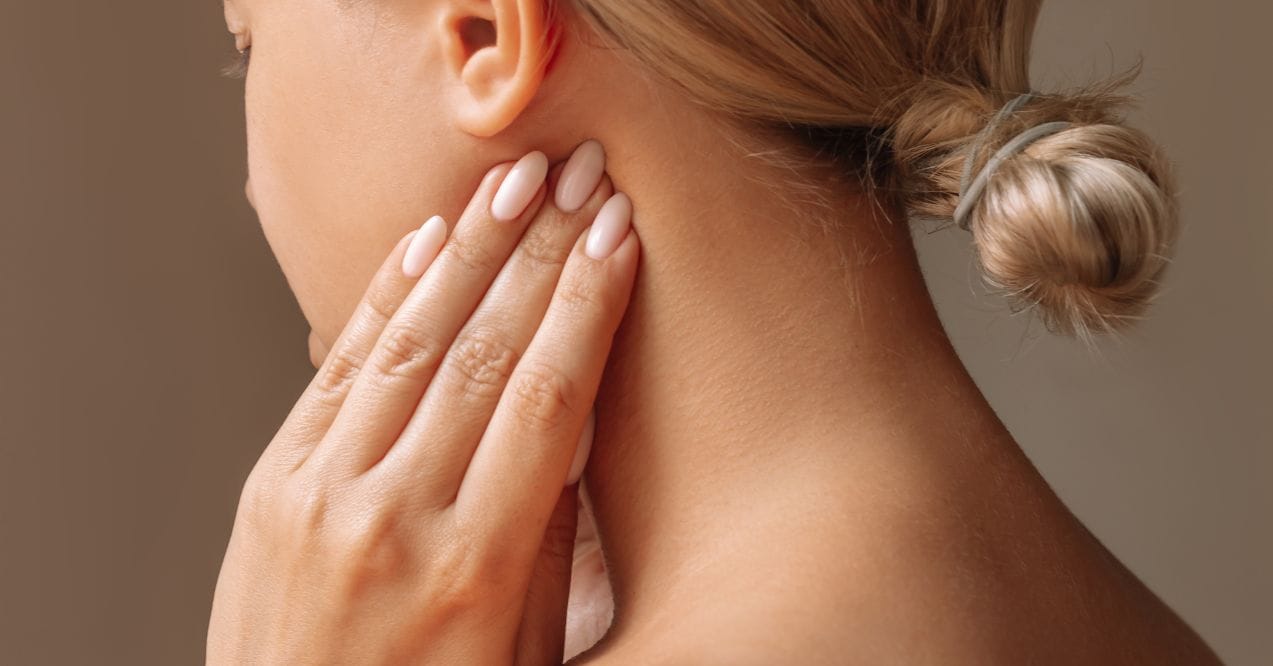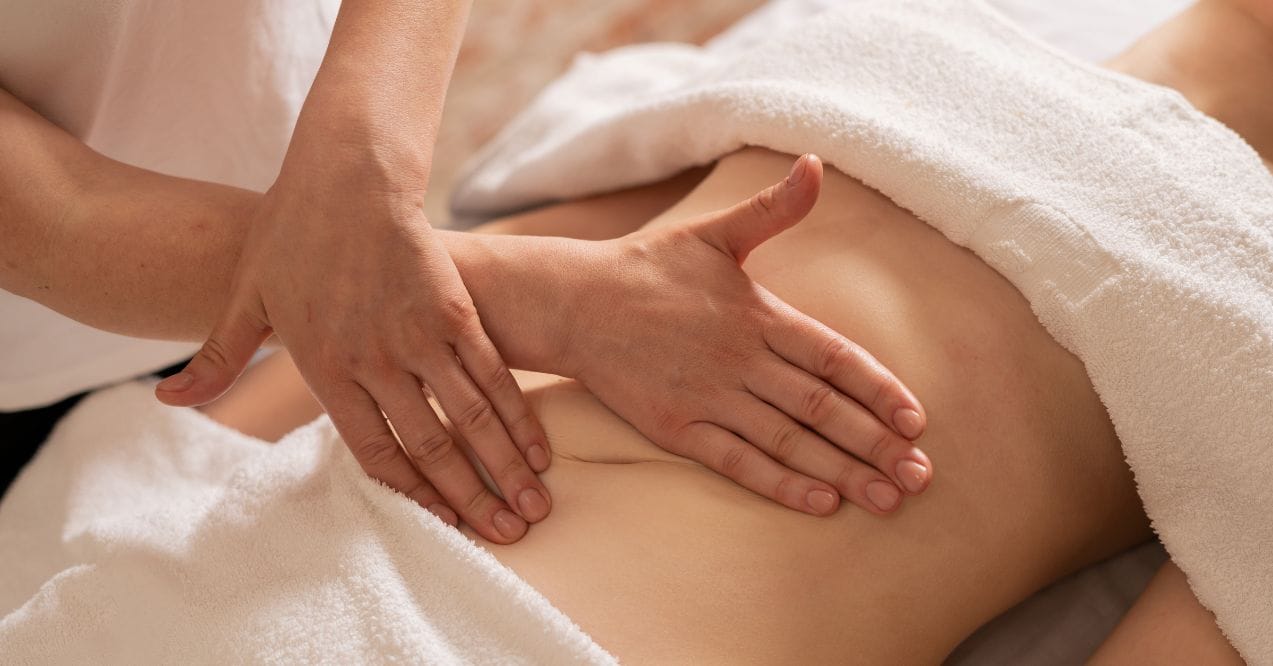Natural Ways to Ease Swollen Lymph Nodes
Medically reviewed by our experts


Swollen lymph nodes in your neck signal active immune response. If you’re searching for how to treat swollen lymph nodes in the neck naturally, this guide helps. These small bean-shaped glands filter harmful substances. They defend against viral infections and bacterial infection. Natural remedies can ease discomfort during recovery.
What Are Swollen Lymph Nodes and Why Do They Swell?
Lymph nodes are small bean-shaped organs in your lymphatic system. They contain white blood cells that trap bacteria and viruses. When nodes detect threats, they swell as immune cells multiply.
Common triggers include viral infections such as colds. Bacterial infection affecting the throat or ears causes swelling. Allergic reactions can trigger the response too. Blood vessels near nodes expand during this process. Most cases stem from minor infections. The nodes may feel tender or firm.
Signs of Swollen Lymph Nodes
Swollen lymph nodes feel different depending on the cause. They may present as tender, rubbery bumps beneath skin. Size varies from pea-sized to larger than grape. You might notice one node or several together.
Common symptoms include a sore throat. Some people develop mild fever or fatigue. General body aches often accompany swelling. Night sweats may occur in some cases. These signs indicate active immune response.
Certain warnings need prompt evaluation. Swelling lasting beyond three weeks requires attention. Nodes that feel hard or immovable need assessment. Rapidly growing lumps warrant professional care. Difficulty swallowing is another concerning sign.
How to Treat Swollen Lymph Nodes in Neck Naturally
Natural approaches can ease discomfort while healing occurs. These methods work with your body’s processes. They may help reduce inflammation naturally.
Warm Compresses and Hot Water
Applying warmth to swollen areas may increase circulation. Soak a clean cloth in hot water. Wring out excess moisture completely. Hold it against affected nodes for 10-15 minutes. Heat potentially helps dilate blood vessels. This improves fluid drainage from the area.
Repeat this process three to four times daily. Warm showers offer similar benefits. Let water run over your neck area. The warmth can feel soothing during discomfort.
Herbal and Home Remedies
Several herbs contain helpful compounds. Turmeric has curcumin with anti-inflammatory properties. Add half a teaspoon to warm milk twice daily. Ginger tea may offer similar benefits. Steep fresh slices in hot water for 10 minutes.
Garlic contains allicin, an antimicrobial compound. Consuming two to three raw cloves daily helps. Aged garlic supplements work as an alternative. Echinacea tea has traditional use for immune response. Take it two to three times daily.
Gentle Massage and Movement
Light massage techniques may stimulate lymph flow. This potentially reduces fluid buildup around nodes. Use fingertips to make circular motions gently. Start from behind your ears. Move down toward your collarbone slowly.
Apply gentle, downward strokes along neck sides. Use light pressure throughout the massage. Light physical activity like walking helps too. Movement pumps lymph fluid through your system. Avoid strenuous exercise while nodes remain tender.
Hydration and Food Choices
Drinking eight to ten glasses daily matters. Water helps lymph fluid move efficiently. Proper hydration flushes waste products through nodes.
Add anti-inflammatory foods to your meals. Leafy greens provide helpful nutrients. Berries contain compounds that may help. Fatty fish and nuts offer benefits too. Reduce processed foods and excess sugar. Alcohol can potentially increase inflammation.
Ways to Maintain Healthy Immune and Lymphatic Function
Building long-term resilience helps your body respond effectively. Regular moderate exercise promotes healthy lymph circulation. Your lymphatic system relies on muscle movement. Aim for 30 minutes of activity most days.
Dry brushing before showers stimulates lymph flow. Use a soft-bristled brush on your skin. Stroke toward your heart gently. Quality sleep gives your immune system recovery time. Most adults benefit from seven to nine hours nightly.
Managing stress through breathing exercises helps. Meditation can be beneficial for many people. Engaging in enjoyable activities matters too. Chronic stress can weaken your body’s defenses. Many people find that targeted lymphatic health supplements provide additional help alongside these daily practices.
When to Seek Professional Care
Natural remedies work well for common cases. Some situations require professional evaluation though. Seek care if swelling persists beyond three weeks. Nodes that feel hard need assessment. Those fixed in place warrant attention too.
Additional concerning signs include high fever beyond four days. Significant difficulty swallowing or breathing requires immediate care. Unexplained weight loss needs evaluation. Severe night sweats alongside swelling matter too.
Swelling above your collarbone needs attention. Multiple body areas swelling simultaneously requires assessment. If you recently started medications like ibuprofen (Advil) or acetaminophen (Tylenol), allergic reactions could occur. Trust your instincts about your body. Natural approaches help straightforward cases effectively. Professional guidance ensures appropriate care when needed.
Conclusion
Natural methods offer effective ways to treat swollen lymph nodes. Warm compresses, herbal remedies, and gentle massage work well. Proper nutrition helps your body’s healing process. Most swelling resolves within two weeks naturally. Stay attentive to your symptoms always. Seek professional evaluation when warranted.
Swollen lymph nodes typically result from viral infections. Bacterial infection affecting the throat causes swelling too. Allergic reactions and inflammatory conditions trigger responses. Your lymphatic system activates immune cells within nodes.
Yes, many cases respond well to natural approaches. Warm compresses help ease discomfort effectively. Adequate hydration and rest matter greatly. Herbal remedies and gentle massage can help. These methods work while your immune system addresses causes.
Most swollen lymph nodes resolve within one to two weeks. Your body clears the infection or inflammatory trigger. The timeline varies based on underlying cause. Your overall health status affects recovery time.
No, infections are just the most common cause. Allergic reactions can cause lymph node swelling. Inflammatory conditions trigger responses too. Swelling indicates your lymphatic system is actively working.
Seek evaluation for swelling lasting more than three weeks. Nodes that feel hard or immovable need attention. Rapid growth requires professional assessment. Difficulty swallowing or breathing needs immediate care. Persistent high fever or unexplained weight loss warrants evaluation.
FAQ
References

